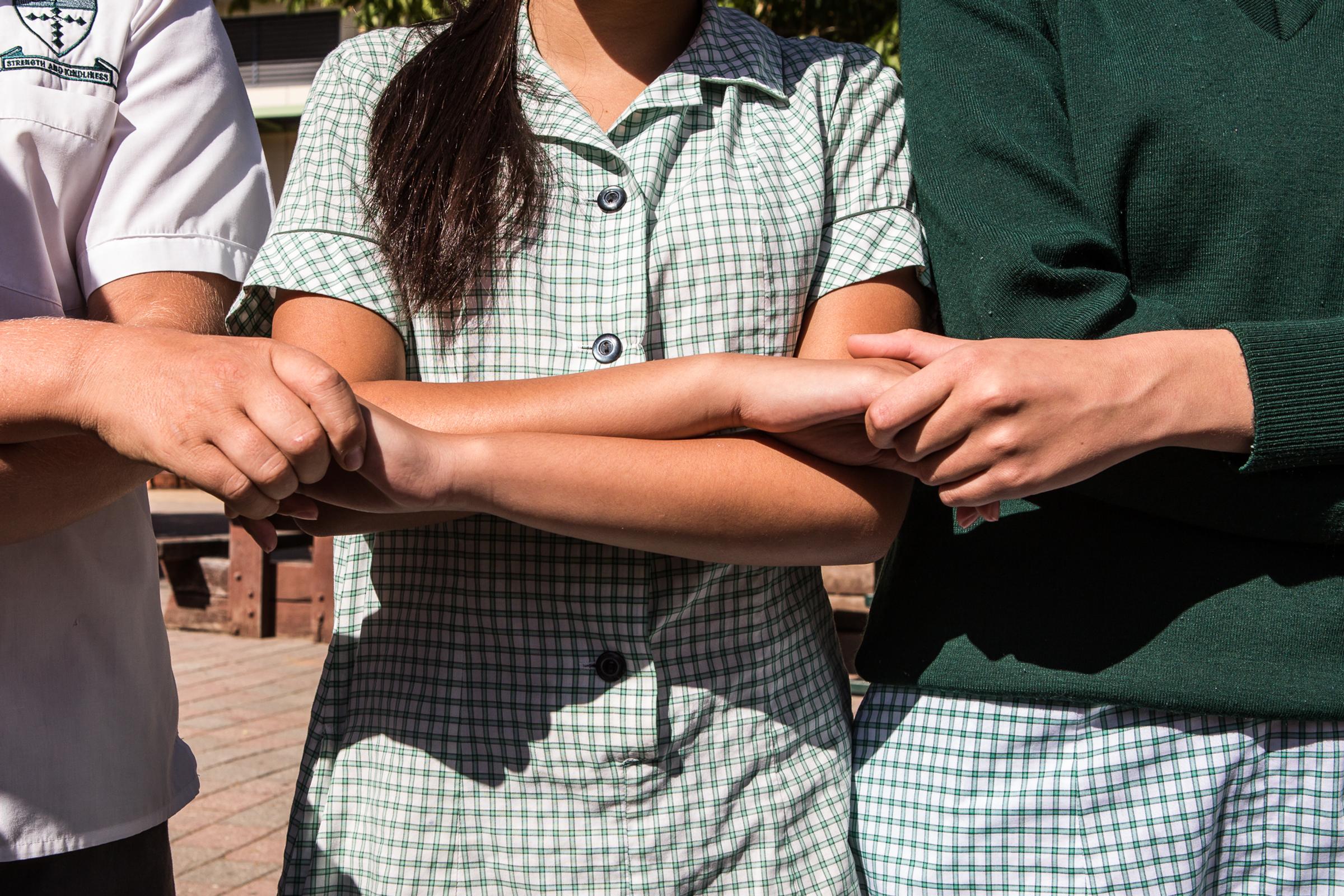Pastoral Care and Wellbeing

Attendance
Every day counts!
We all want our students to get a great education, and the building blocks for a great education begin with students coming to school each and every day. If students miss school regularly, they miss out on learning the fundamental skills that will set them up for success in the later years of school. There is no safe number of days for missing school – each day a student misses puts them behind, and can affect their educational outcomes. Each missed day is associated with progressively lower achievement in numeracy, writing and reading.
The main reasons for absence are:
Sickness – There are always times when students need to miss school, such as when they’re ill. It’s vital that they’re only away on the days they are genuinely sick, and setting good sleep patterns, eating well and exercising regularly can make a big difference. It's vital that holidays are planned during school holidays where possible, and not during the Term if it can be avoided.
“Day off” – Think twice before letting your child have a “day off” as they could fall behind their classmates – every day counts.
Truancy – This is when students choose not to go to school without their parent’s permission. There can be many reasons for truancy. The best way to address this is for schools and parents to work together.
Openly communicating with us about all absences is a good way to prevent attendance issues being escalated to a School Attendance Officer. A School Attendance Officer is a Department of Education and Early Childhood Development Regional Director who has authority to follow up attendance issues. Attendance issues that are escalated can lead to an Infringement Notice. If you’re having attendance issues with your child, please let your student’s Learning Mentor know so we can work together to get your child to school every day.
For more information and resources to help address attendance issues, visit: www.education.vic.gov.au/school/parents/ behaviour/Pages/studentattendance.aspx
Happiness and Gratitude
Happiness is defined as the balance of positive and negative emotions, combined with overall life satisfaction. Happiness and gratitude have been studied in positive psychology for many years and researchers have found that gratitude is always strongly associated with greater happiness. Although everyone has their own definition of happiness, many of us want to feel more positive emotions than negative ones. However, negative emotions are still important. They have a lot to teach us and alert us when things need to change. Practising gratitude helps people feel more of the positive emotions, enable us to relish good experiences, improve our overall health, deal with adversity and build strong relationships.
For more information, go to our SchoolTV site: https://sje.vic.schooltv.me/newsletter/happiness-gratitude
School TV: Special Report:
A Conversation on Consent
The recent allegations of sexual assault covered in the media has sparked an online petition instigated by a former student from a private girl’s school in the eastern suburbs of Sydney. The petition asked for former students who had experienced sexual assault whilst still at school to come forward and share their stories. The petition has since gone viral with an enormous response from thousands of young women who have either signed the petition or shared their experience.
The accounts shared by these young women are disturbing, shocking, graphic and upsetting. It has set in motion a wake-up call for many schools to reassess their curriculum around sex and life education. The clear message arising from this is that education around consent is being delivered too late, with many young women being subjected to sexual assault before they reach Year 10. The petition is calling for change to help protect young people across the nation.
This also highlights a strong need for parents to step-up and start having conversations around consent. It is not enough to assume that your teenager knows or understands what it means and the implications surrounding it. Teenagers need to learn about boundaries, enabling them to respect themselves and their partners. Talking about consent regularly will help normalise it and encourage your teenager to experience healthy relationships as they journey into adulthood.
For support in relation to some of the issues raised in this Special Report, please contact one of the following services:
1800 RESPECT (1800 737 732)
Lifeline 13 11 14
Beyond Blue 1300 224 636
https://sje.vic.schooltv.me/wellbeing_news/special-report-conversation-consent
We continue to provide access to School TV and the wonderful resources and information that are imperative in supporting parents, families and students as we work together to navigate challenges, and celebrate successes, joys and milestones.
Please check out our SchoolTV by using the link below.
We would love your feedback!
If you have accessed SchoolTV and benefited from any of the resources and information available, please let us know at wellbeing@sje.vic.edu.au
Rach Chapman
College Leader
Pastoral Care and Wellbeing
